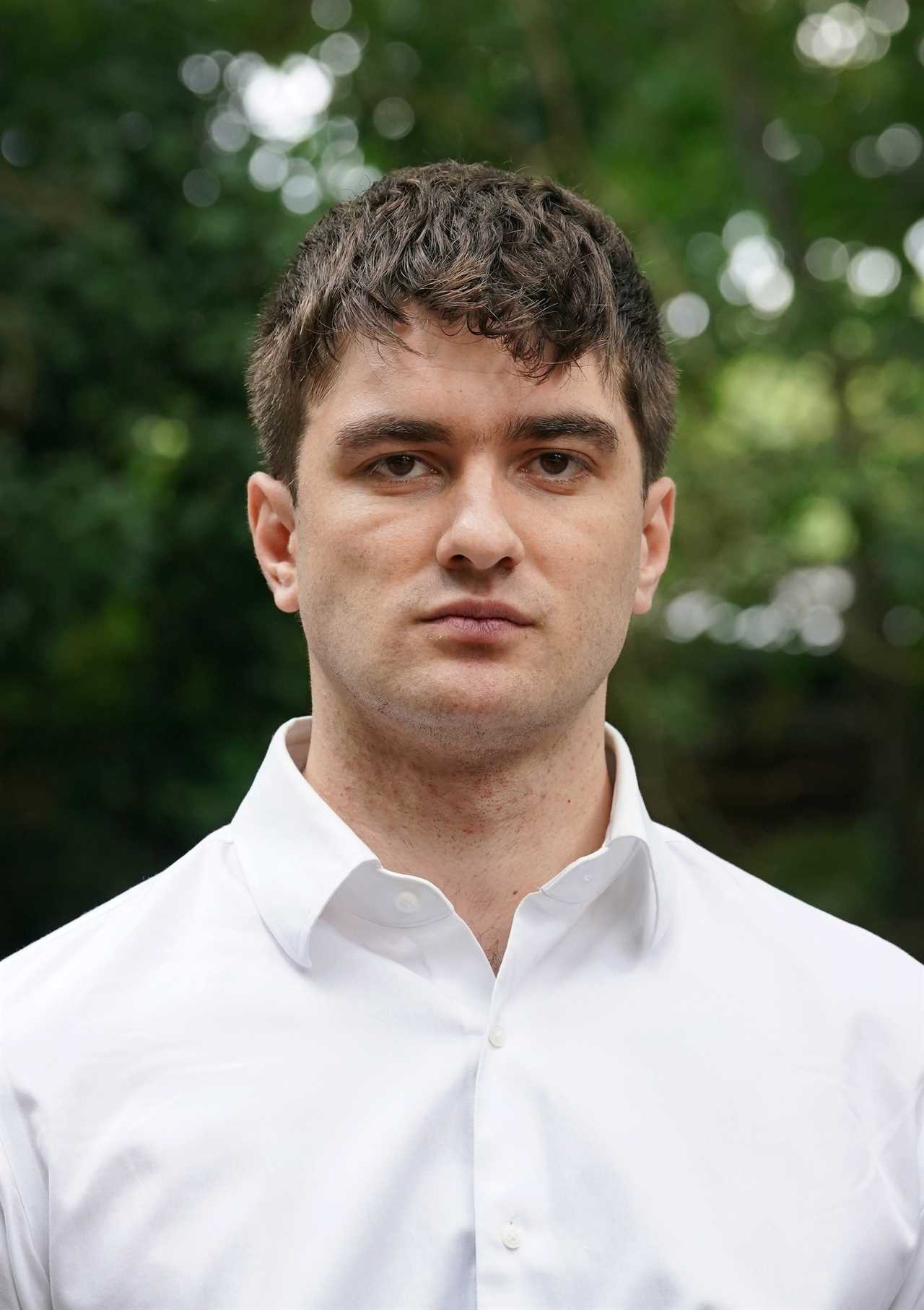
In a complex and heartbreaking scenario, the story of Paloma Shemirani, a 23-year-old Cambridge graduate who passed away after rejecting conventional cancer treatment, unfolds with layers of family dynamics and medical controversies. Her choice to forego chemotherapy for non-Hodgkin lymphoma in favour of alternative therapies, including coffee enemas, under her mother's influence, raises profound questions about autonomy, misinformation, and the impact of unorthodox beliefs on healthcare decisions.
Family Influence and Alternative Therapies:
Paloma's brother's revelation that she underwent extreme treatments like coffee enemas as part of her unconventional programme, orchestrated by their mother, sheds light on the potent mix of family dynamics and pseudoscientific beliefs that can influence critical medical decisions. This tragic narrative underscores the need for a nuanced examination of how personal beliefs intersect with healthcare choices, especially in life-threatening situations.
The Role of Misinformation and Conspiracy Theories:
The involvement of Paloma's mother, Kay "Kate" Shemirani, known for spreading Covid-19 conspiracy theories, in her daughter's treatment programme raises concerns about the impact of misinformation on vulnerable individuals. The inquest's focus on the influence of anti-medicine conspiracy theories on Paloma's decision-making process highlights the dangerous consequences of unchecked misinformation in healthcare settings.
Medical Ethics and Autonomy:
The discussions surrounding Paloma's treatment choices bring into sharp relief the ethical considerations of patient autonomy and the boundaries of medical influence. The clash between conventional medical advice and alternative therapies underscores the need for a balanced approach that respects individual autonomy while safeguarding against potentially harmful decisions influenced by misinformation or unverified treatments.

Legal and Professional Accountability:
The scrutiny faced by Dr. Ali Ajaz, who engaged with Paloma at the behest of her mother, underscores the challenges healthcare professionals encounter when navigating complex family dynamics and divergent treatment preferences. The inquest's exploration of the professional relationships and ethical responsibilities in such scenarios highlights the broader implications for medical practice and patient care.
As the inquest continues to unravel the complexities of Paloma Shemirani's case, it prompts a broader reflection on the intersection of personal beliefs, medical ethics, and the influence of misinformation on healthcare decisions. This tragic story serves as a poignant reminder of the delicate balance between individual autonomy, medical expertise, and the societal responsibilities inherent in ensuring informed and ethical healthcare choices.
Did you miss our previous article...
https://trendinginthenews.com/cancer/the-link-between-ultraprocessed-foods-and-lung-cancer-risk






